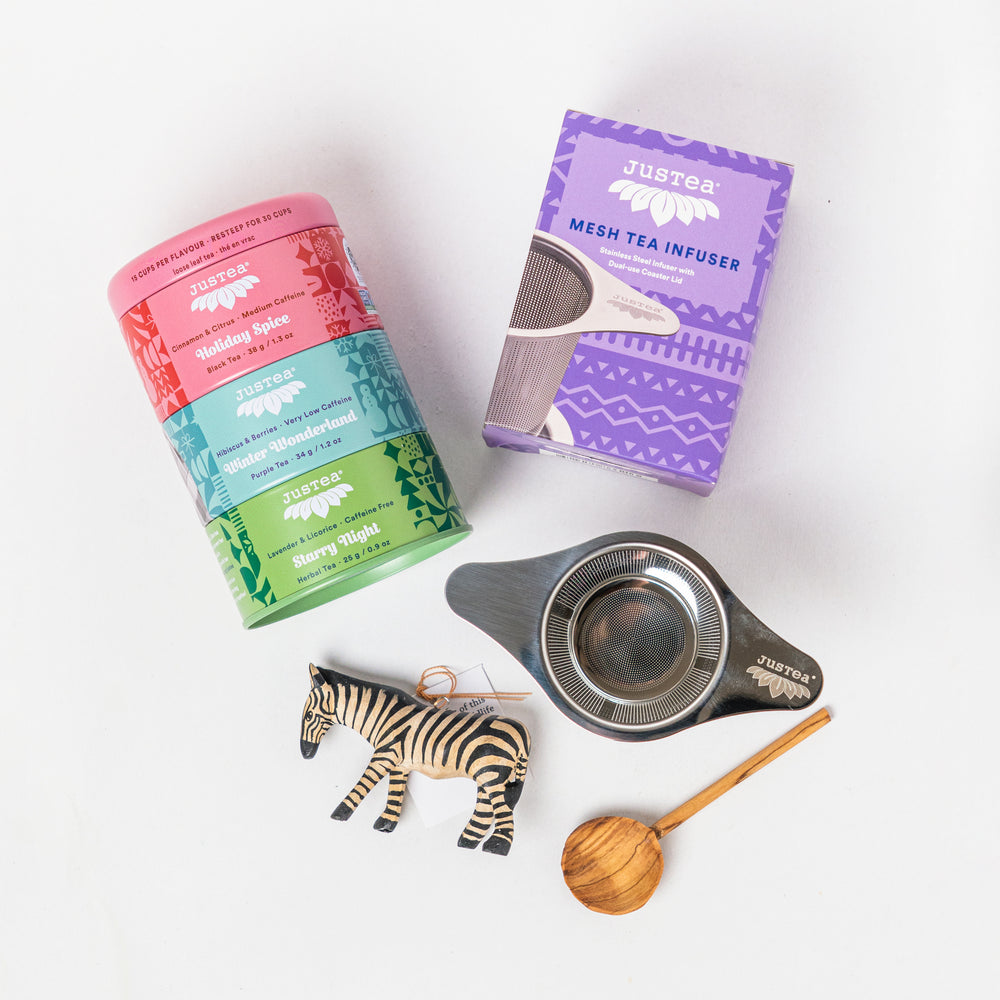
Hello!
JusTea offers the first and only farmer-direct tea from Kenya. If you like this blog post, check out the rest of our website.
Recent posts
-
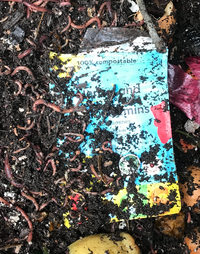
-
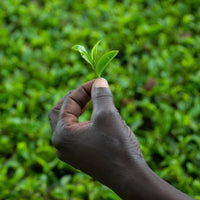 The History of TeaBy Paul BainJuly 29, 2022
The History of TeaBy Paul BainJuly 29, 2022 -
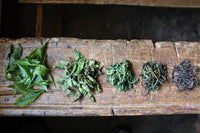 Explaining the Tea Making Process: How 7 Different Types of Tea are MadeBy Paul BainJuly 29, 2022
Explaining the Tea Making Process: How 7 Different Types of Tea are MadeBy Paul BainJuly 29, 2022
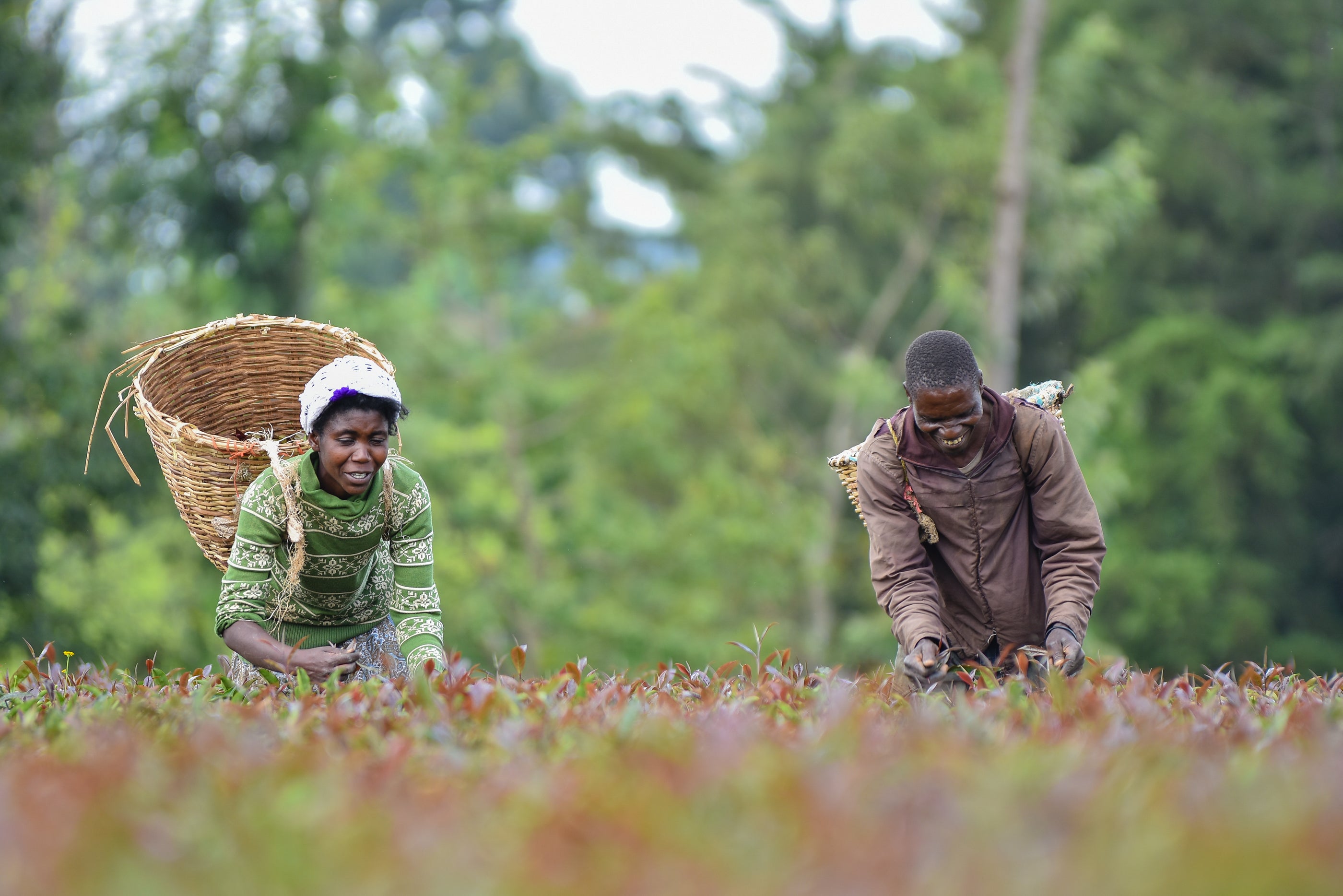
Everything You Didn’t Know About Tea in Kenya
By Paul Bain
Kenya tea farming is an integral part of the economy and Kenya is the largest producer of African tea. Wondering how the tea industry in Kenya compares to that of other countries and how exactly tea farming in Kenya is done? You’re about to find out everything about Kenyan tea and the best teas to drink and why.
Globally, what are the Tea Hotspots and Where is Tea Grown?
Although tea originated in ancient China, it is now grown in many places around the world. While China is still the biggest producer of green tea by far, the story is different when it comes to black tea. While China is the largest producer of tea in the entire world, Kenya is the largest exporter of Black tea in the world.
Kenya
The first tea plant was brought to Kenya by a colonial settler in the early 1900s. Despite this relatively recent introduction, tea farmers in Kenya have managed to catapult Kenyan tea leaves to the global market.
After a rocky period in 2006 during which droughts negatively impacted Kenya’s tea farming, Kenya is now the third-largest producer of black tea after India and Sri Lanka. So, where is tea grown in Kenya? Mainly in the Kenyan highlands in year-round tea plantations.
India
China may be famous as the birthplace of tea as a drink, but the tea plant is also indigenous to the Assam region of India. It took some spying and deceit (more on that in another blog…) to find out the Chinese methods of cultivation and processing, but they eventually started thriving tea plantations in different regions of India as well as what was then Ceylon…
Sri Lanka
Once the tea business was up and running in India, it didn’t take long for it to spread over to Sri Lanka, which was also under British colonial rule at the time. The first commercial cultivation in the country began in 1867, with the first known export to London in 1875. Sri Lankan black tea is known for its aroma and taste. But Kenyan tea leaves have something special to offer too…
What Makes Kenyan Tea Leaves so Desirable and Special?

Kenya’s location on the equator means that, unlike other countries, tea is not seasonal. Kenya tea farming can happen year-round thanks to long, sunny days. This is part of the reason why Kenya is the biggest exporter of tea- tea farmers in Kenya can grow tea all year.
About African Tea Plants (Plantations)
Kenya tea farming is split between large plantations (40%) and is processed by hand by small-scale farmers (60%). Many tea farmers in Kenya, unfortunately, cannot earn a sustainable living growing Kenyan tea leaves since large corporations have the power to buy at low prices.
Many tea farmers in Kenya also work in conditions with little oversight on health and safety. In large plantations, for example, there may not be strict rules about wearing safety equipment when using pesticides. This means that much of the tea farming in Kenya today is carrying on the legacy of African tea plantations in colonial times.
Most Kenyan black tea is produced using the crush, tear, curl (CTC) method, which involves putting tea leaves through a machine that finely cuts tea specifically for tea bags. However, JusTea’s organically-grown hand-picked tea keeps the leaf intact, which results in much better tasting cup of tea.
Why JusTea Chooses to Work with Amazing Tea Farmers in Kenya
Good tea must be hand-picked. The Kenyan black tea processed with machines is meant for tea bags, which may hide the quality of the leaves inside. JusTea’s Kenyan purple tea, Kenyan red tea, Kenyan black tea, and herbal tea are some of the best teas to drink- for both you, the farmers, and the environment!
We believe the tea industry in Kenya needs to compensate small-scale farmers so that African tea production is fair and sustainable. That’s why we use a farmer-direct trade model to ensure Kenyan tea farmers get paid a fair wage and have transparent working conditions.

The Features of Kenyan Tea
Kenya tea farming is done in rich red volcanic soil that provides the tea plant with the nutrients it needs to thrive. The terroir, or unique characteristics of Kenyan black tea that reflect the soil and climate, create a bright, brisk tea.
Learn More About Kenya Tea Benefits
If you’re wondering about the best teas for health, you can learn more about Kenyan black tea benefits and Kenyan purple tea benefits, which include improved immunity, reduced inflammation, reduced stress, and more!


